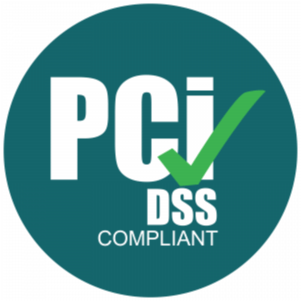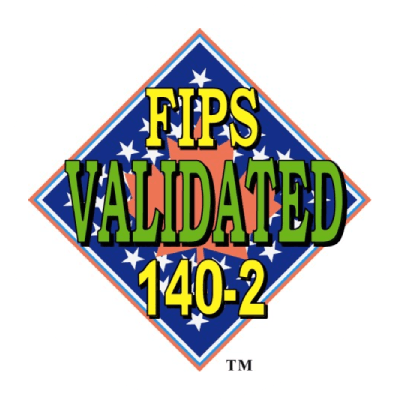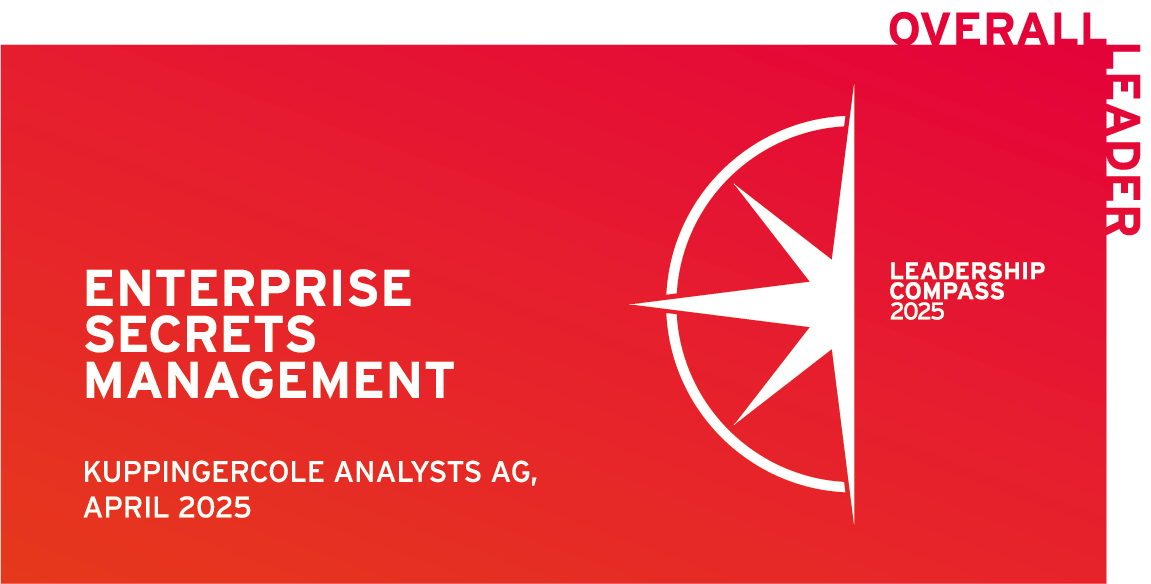Why switch from HashiCorp Vault to Akeyless:
- Instant SaaS deployment, no clusters to build or manage
- Lower total cost with pay-as-you-grow pricing
- Global scalability out-of-the box, no extra infrastructure
- Zero-Knowledge encryption with patented Distributed Fragments Cryptography (DFC™)
- Automatic rotation, dynamic credentials, and JIT access for true Zero Standing Privileges
- Seamless integration across clouds, on-prem, and hybrid environments
Why now: Vault was built for yesterday’s challenges. Akeyless is cloud-native, SaaS-first, and built for whatever’s next, with no-downtime migration.
Key Limitations of HashiCorp Vault
Complex Setup & Risky Trust Model
- Vault Enterprise is difficult to deploy and maintain.
- HCP Vault (SaaS) shifts operations to HashiCorp, with secrets stored in their AWS environment. This raises concerns about data sovereignty, regulatory compliance, and potential third-party access.
- Managing tokens, policies, and controls also requires significant expertise.
Akeyless solves these issues with a Zero-Knowledge model powered by Distributed Fragments Cryptography (DFC), ensuring that no third party—including Akeyless—can access your secrets.
High Cost & Scalability Challenges
- Scaling Vault requires additional clusters, hardware, and costly enterprise licensing.
- Expenses increase quickly as environments expand.
Limited Automated Secret Rotation
- Vault requires a root account on each system to create dynamic secrets.
- Rotation is manual, with no option to fully automate or schedule.
Akeyless vs. HashiCorp Vault: A review by former Hashicorp Solutions Engineer Sam Gabrail
Smarter Secrets Management with Akeyless
Most secret managers force you to choose between SaaS convenience and true control of your data. Akeyless is the only solution that gives you both.
SaaS-Based Zero Knowledge Architecture
- No single point of failure and no need for complex HA setups.
- Patented Distributed Fragments Cryptography (DFC™) encrypts and splits secrets so only authorized users can reconstruct them. Even Akeyless cannot access your data.
- With Akeyless Gateways, encryption fragments stay inside your private network, letting you benefit from SaaS scale without sacrificing security or compliance.
Universal Secrets Connector
- Integrates seamlessly with AWS Secrets Manager, Azure Key Vault, GCP Secret Manager, and HashiCorp Vault.
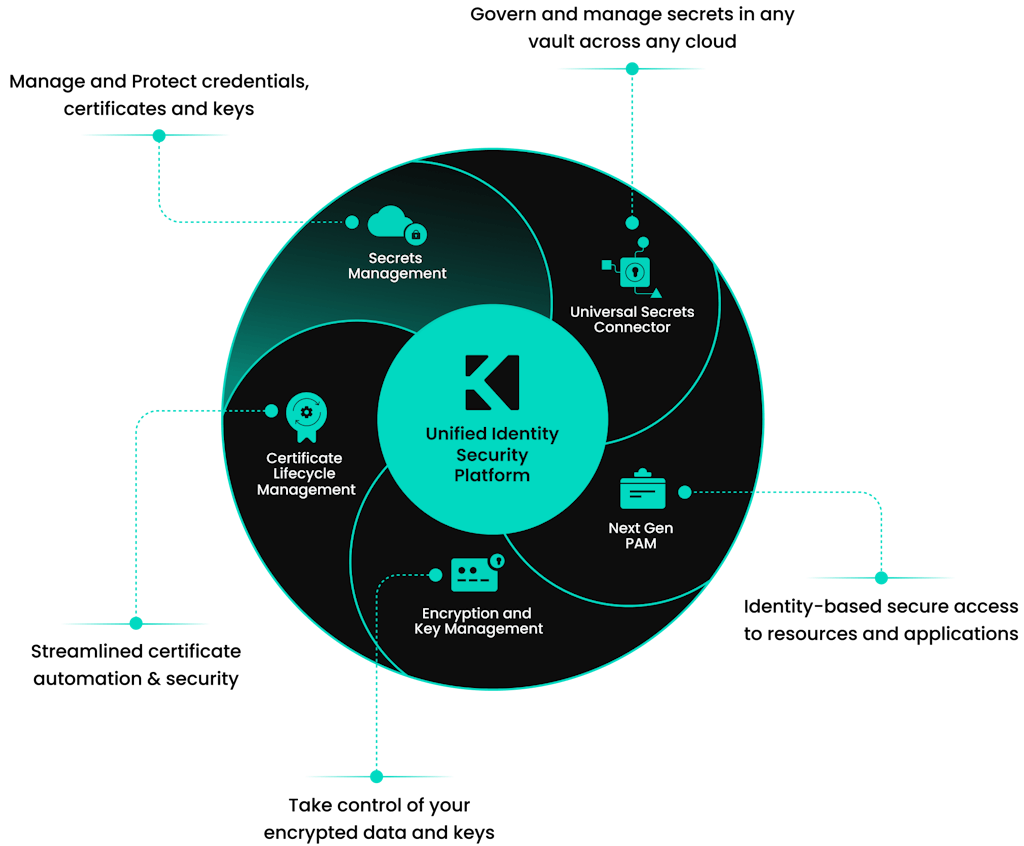
Akeyless vs. HashiCorp Vault: A Side-by-Side Comparison
Akeyless vs. HashiCorp Vault: A review by former Hashicorp Solutions Engineer Sam Gabrail
FAQs: Akeyless vs. HashiCorp Vault
Yes. Akeyless uses Distributed Fragments Cryptography (DFC), ensuring zero-knowledge encryption.
Akeyless is more cost-effective, eliminating hardware and high licensing fees. Depending on the environment and set-up, customers have seen upwards of 70% cost savings when switching from Vault to Akeyless.
Akeyless is truly the top alternative to HashiCorp Vault; if this blog post hasn’t convinced you yet, check out this one called Akeyless: The Leading HashiCorp Vault Alternative.
Because it takes the headache out of secrets management. Akeyless runs as a SaaS, so there’s no need to deal with clusters, infrastructure, or complicated replication. Yet, it delivers Vault-level capabilities with ease and automation.
Akeyless is also easy to deploy, scales effortlessly, and simplifies operations, which is why companies like Progress and Cimpress switched from HashiCorp Vault to Akeyless.
For teams looking to reduce costs and complexity without compromising security, Akeyless stands out as a smart Vault replacement.
Akeyless takes a different approach to security with its patented Distributed Fragments Cryptography (DFC). Instead of storing complete encryption keys in one place, DFC splits them into fragments, one of which always stays under the customer’s control, so no single party, not even Akeyless, can ever decrypt the full secret.
This zero-knowledge model is FIPS 140-2 certified and eliminates the central points of failure found in traditional vaults like HashiCorp Vault. It’s a more secure, modern way to protect sensitive data across cloud and hybrid environments.
More Resources
-
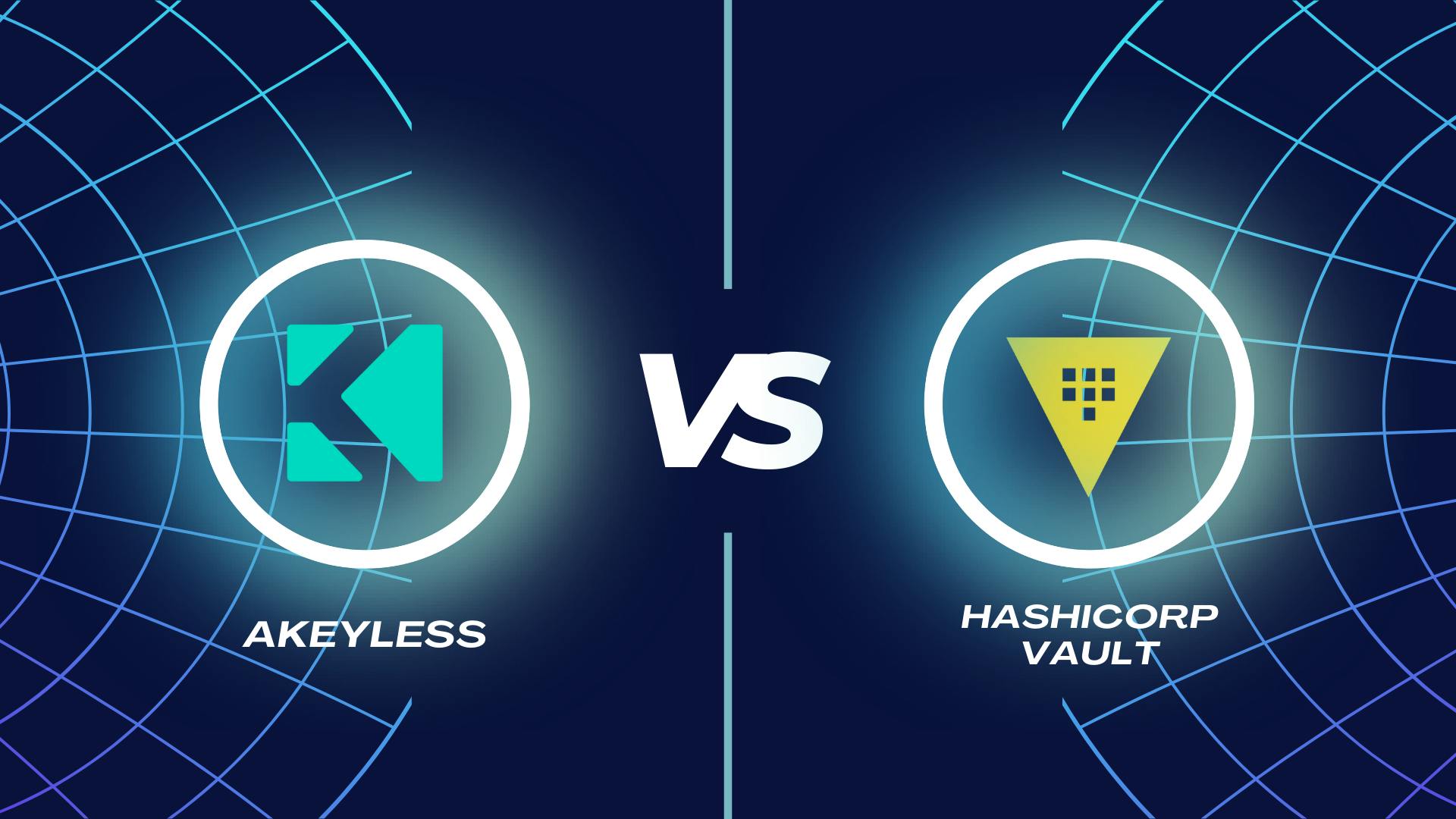
Akeyless: The Leading HashiCorp Vault Alternative In this video blog, Sam Gabrail explains why Akeyless leads over HashiCorp Vault, with features like automated rotation and universal identity.
-

Tutorials Video tutorials for users of all levels
-

SaaS vs. Self-Deployed Solutions Download your comprehensive guide now and take the guesswork out of secrets management. Be informed.















